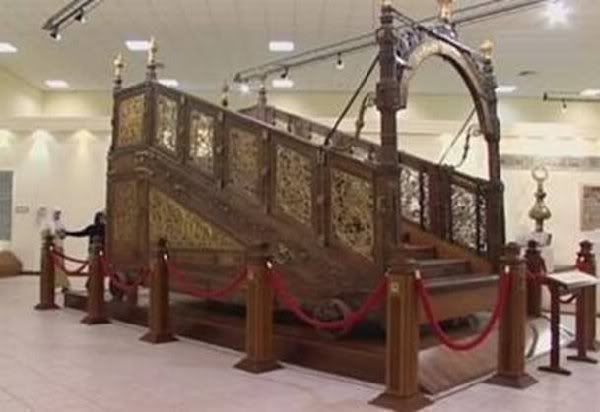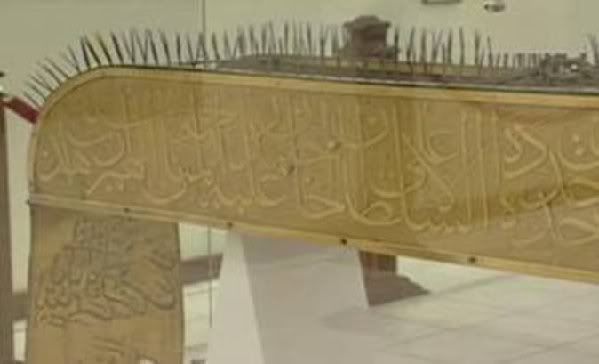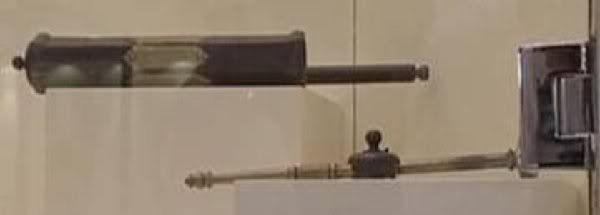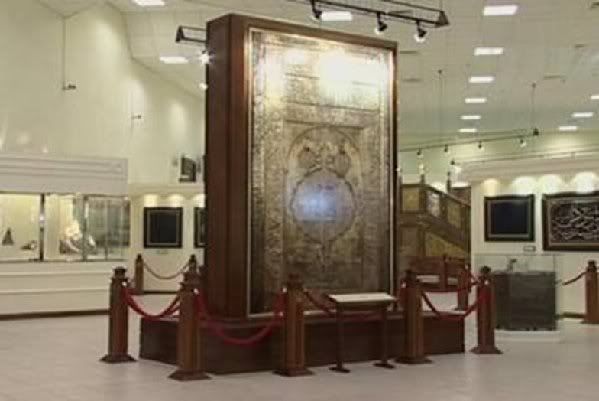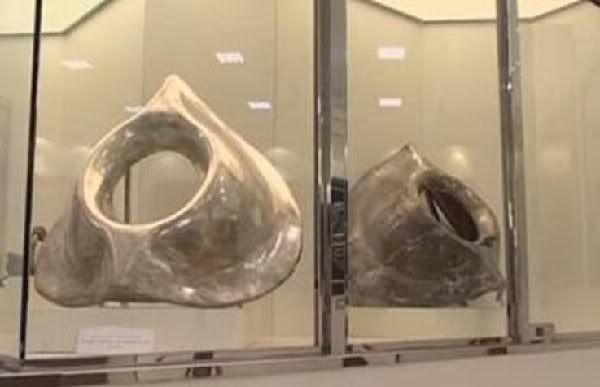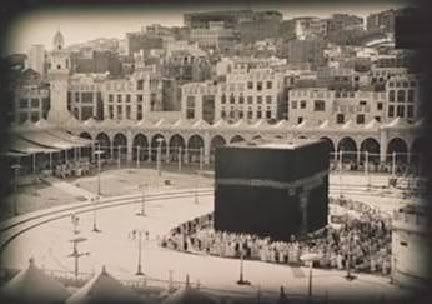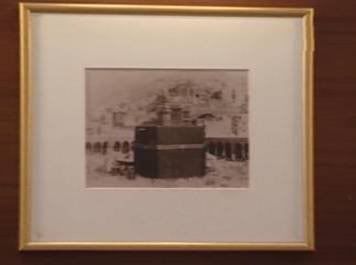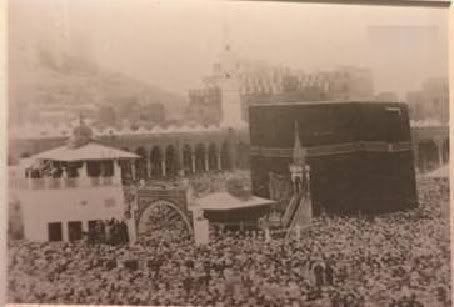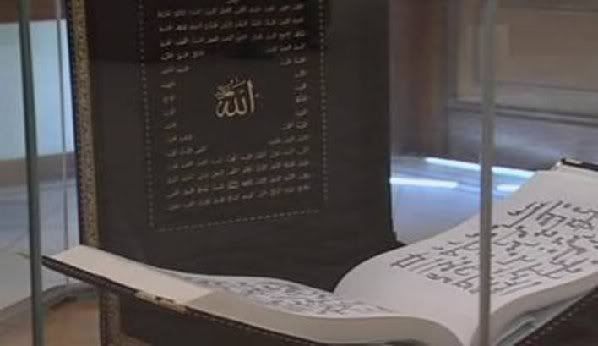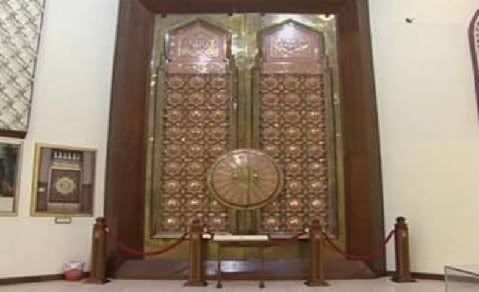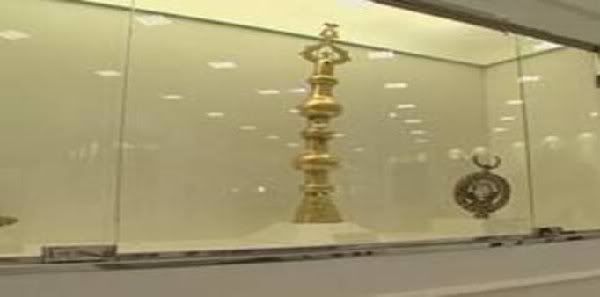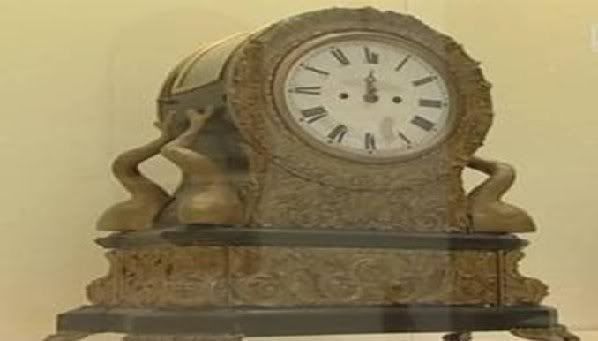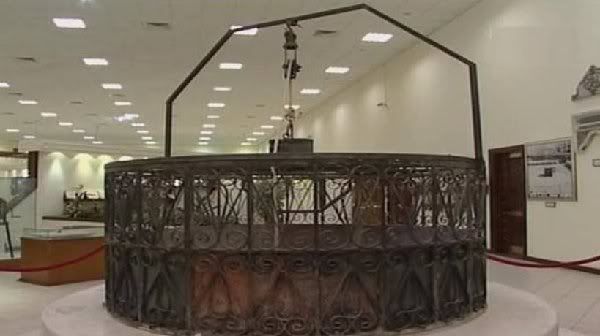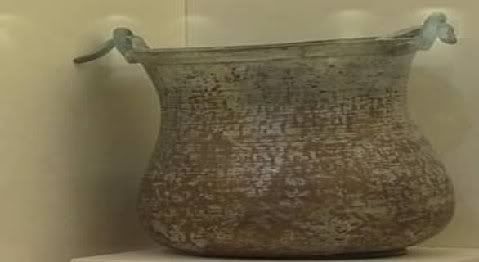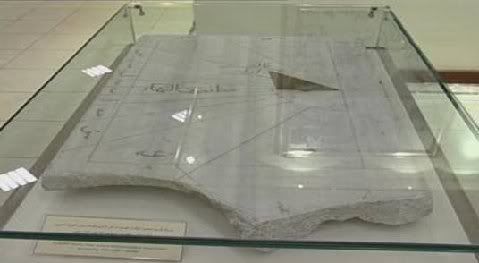Do the Dead hear our supplications?
By: Shaikh Muhammad bin Jamil Zeeno (rahimahullaah)
Question: Do the Dead hear our supplications?
Answer: No, they do not hear, as Allaah said:
وَمَا أَنْتَ بِمُسْمِع مَنْ فِي الْقُبُورِ
…But you cannot make hear those who are in graves. (Fatir, ayah 22)
Ibn ‘Umar (radiallaahu ‘anhumma) said: “The Prophet (salallaahu ‘alayhi wa sallam) stood at the graves of the idolaters at Badr and recited:
فَهَلْ وَجَدْتُمْ مَا وَعَدَ رَبُّكُمْ حَقّا
‘…So have you also found true, what your Lord promised (warnings, etc.)?’… (Al-A’raf, ayah 44)
Then he said: Verily, they hear what I am saying now.“
When this was mentioned to ‘Aa`ishah (radiallaahu ‘anha), she said: “The Prophet (salallaahu ‘alayhi wa sallam) only said: Now, they certainly know that what I used to tell them was the truth.”
She then recited (this verse):
إِنَّكَ لاَ تُسْمِعُ الْمَوْتَى
Verily, you cannot make the dead to hear… (An-Naml, ayah 80)”
Qatadah, the narrator of this hadeeth (from Ibn ‘Umar), said: “Allaah brought them to life to make them hear his (the Prophet’s words) words as a rebuke, humiliation, punishment, grief and remorse.” (al-Bukhaaree)
This Hadeeth teaches:
1. That these idolaters slain (at Badr) were caused to hear temporarily by the Order of Allaah. This is proven by the Prophet’s saying: Inaahum Al`Aan yas`ma’oona (“Verily, they can hear now…),” which implies that later, they will no longer hear, as Qatadah – the narrator of the hadeeth – said: “Allaah brought them to life to make them hear his (the Prophet’s) words as a rebuke and humiliation…”
2. ‘Aa`ishah’s refutation of Ibn ‘Umar’s version that the Prophet (salallaahu ‘alayhi wa sallam) did not say, “they hear,” but rather he said, “Now, they certainly know” was based on the verse:
إِنَّكَ لاَ تُسْمِعُ الْمَوْتَى
Verily, you cannot make the dead to hear… (An-Naml, ayah 80)
3. The versions of Ibn ‘Umar and ‘Aa`ishah (radiallaahu ‘anhum) can be reconciled in the following manner: The fact is that the dead cannot hear, as is plainly stated in the Qur`an. However, Allaah brought to life the idolaters slain (at Badr) miraculously for the Messenger’s sake, so that they could hear him – as Qatadah, the narrator of the Hadeeth states – and Allaah knows best.
Source: Book Islamic Creed, based on Qur`an and Sunnah, by Muhammad bin Jamil Zeeno
Subhanak Allaahuma wa bihamdika ash-hadu anlaa illaaha illa anta astaghfiruka wa atubu ilayk
If I said anything correct, then it is from Allaah (subhanahu wa taa’ala), and if I erred, then that is from me and shaytan.





















